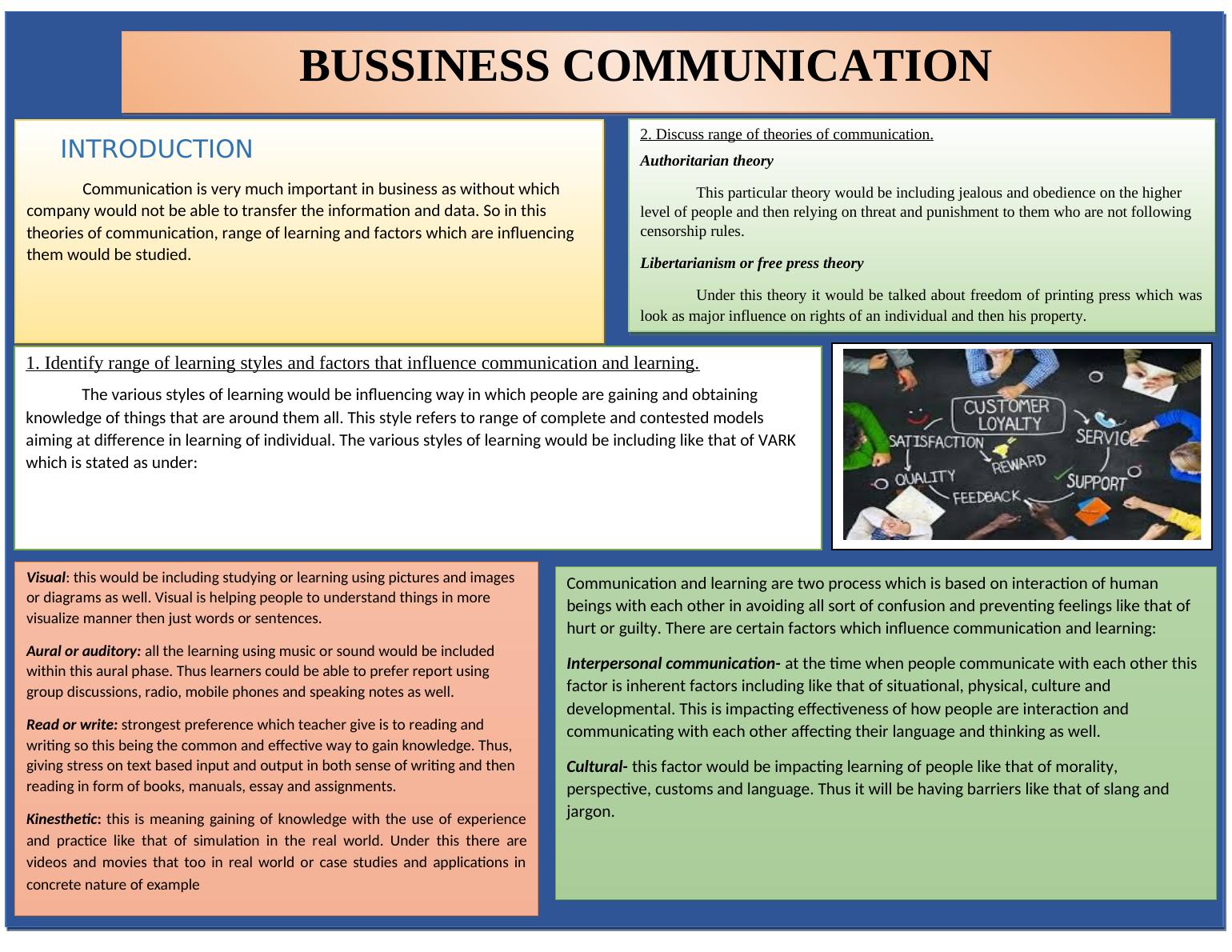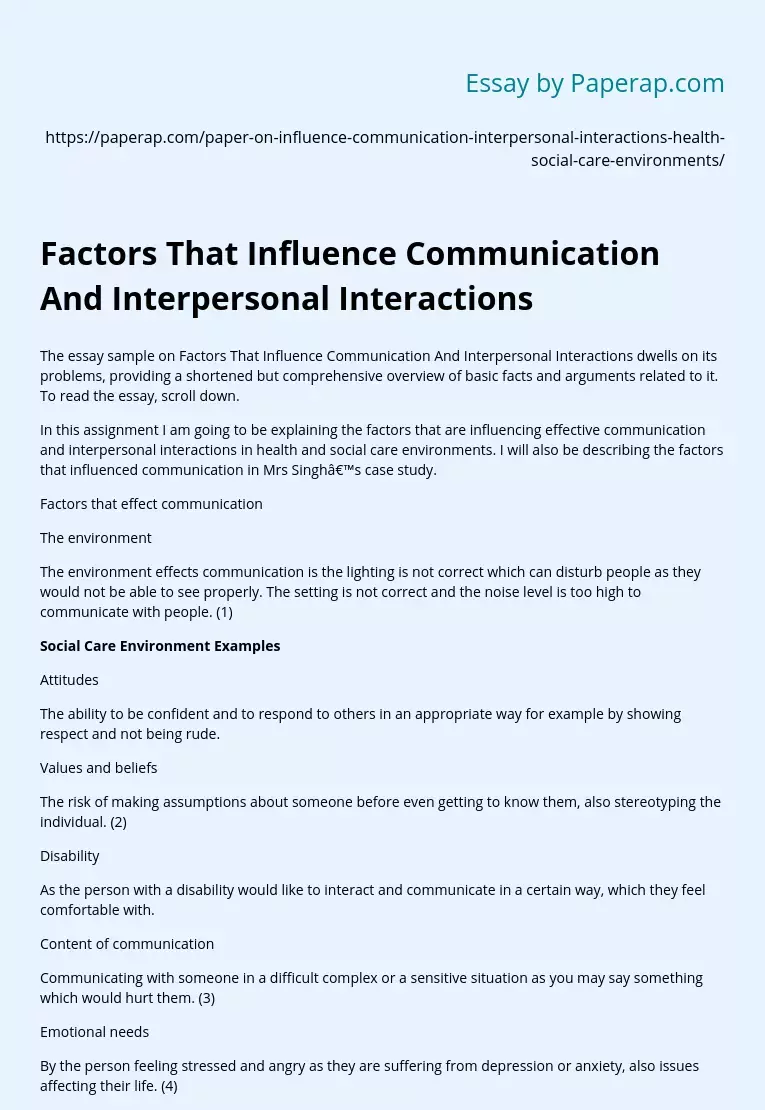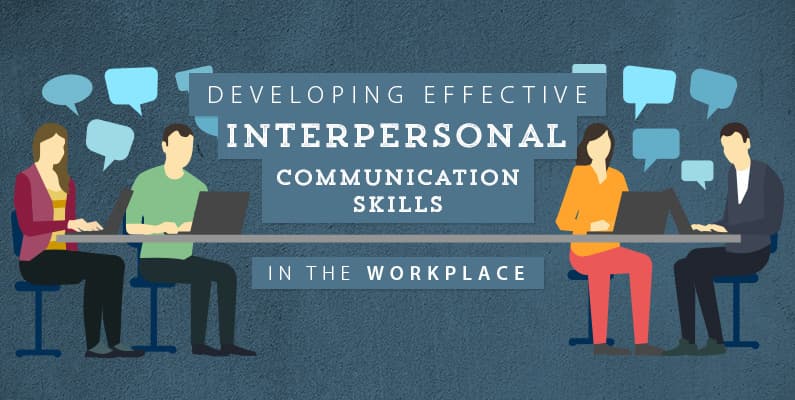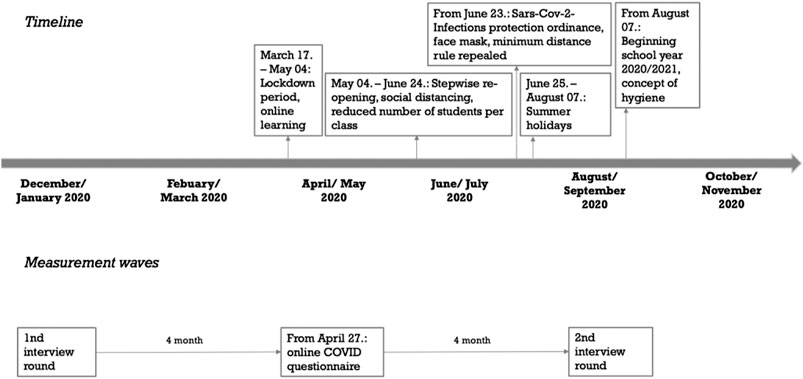Effective communication and interpersonal interactions are crucial for building and maintaining healthy relationships, both personally and professionally. However, there are many factors that can influence the way we communicate and interact with others. These factors can either facilitate or hinder our ability to effectively communicate and form strong interpersonal connections.
One major factor that can influence communication and interpersonal interactions is cultural differences. Culture plays a significant role in shaping our values, beliefs, and behaviors, which can affect the way we communicate and interact with others. For example, some cultures place a greater emphasis on direct communication, while others may value indirect communication or nonverbal cues. Additionally, certain cultural norms and customs may dictate how we show respect or deference to others, which can impact the way we communicate and interact. It's important to be aware of and sensitive to these cultural differences to avoid misunderstandings and facilitate effective communication and interpersonal interactions.
Another factor that can influence communication and interpersonal interactions is individual personality and communication style. Each person has their own unique personality and way of communicating, which can either complement or clash with the personalities and communication styles of others. For example, some people may be more outgoing and assertive, while others may be more introverted and reserved. These differences in communication style can impact the way we interact with others and how we interpret their messages. By understanding and adapting to different communication styles, we can improve our ability to effectively communicate and form strong interpersonal connections.
Emotions and stress can also influence communication and interpersonal interactions. When we're feeling overwhelmed or distressed, it can be difficult to effectively communicate our thoughts and needs. Similarly, negative emotions such as anger or frustration can impact the way we interpret and respond to the messages of others. By managing our emotions and stress levels, we can improve our ability to effectively communicate and interact with others.
Finally, the use of technology and social media can also influence communication and interpersonal interactions. While technology has made it easier for us to connect with others, it can also create barriers to effective communication. For example, misunderstandings can occur when we rely too heavily on nonverbal cues or tone of voice, which can be difficult to convey through electronic communication. Additionally, social media can create a sense of distance and detachment in our interactions with others, which can hinder our ability to form strong interpersonal connections.
In conclusion, there are many factors that can influence communication and interpersonal interactions, including cultural differences, individual personality and communication style, emotions and stress, and the use of technology and social media. By being aware of these factors and taking steps to manage them, we can improve our ability to communicate and interact effectively with others and form strong interpersonal connections.








